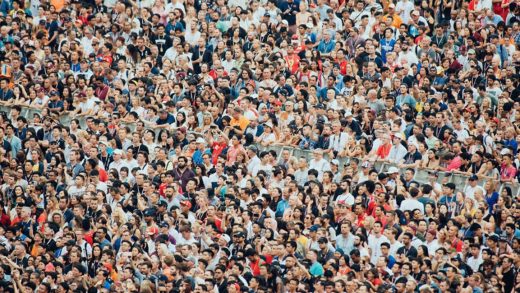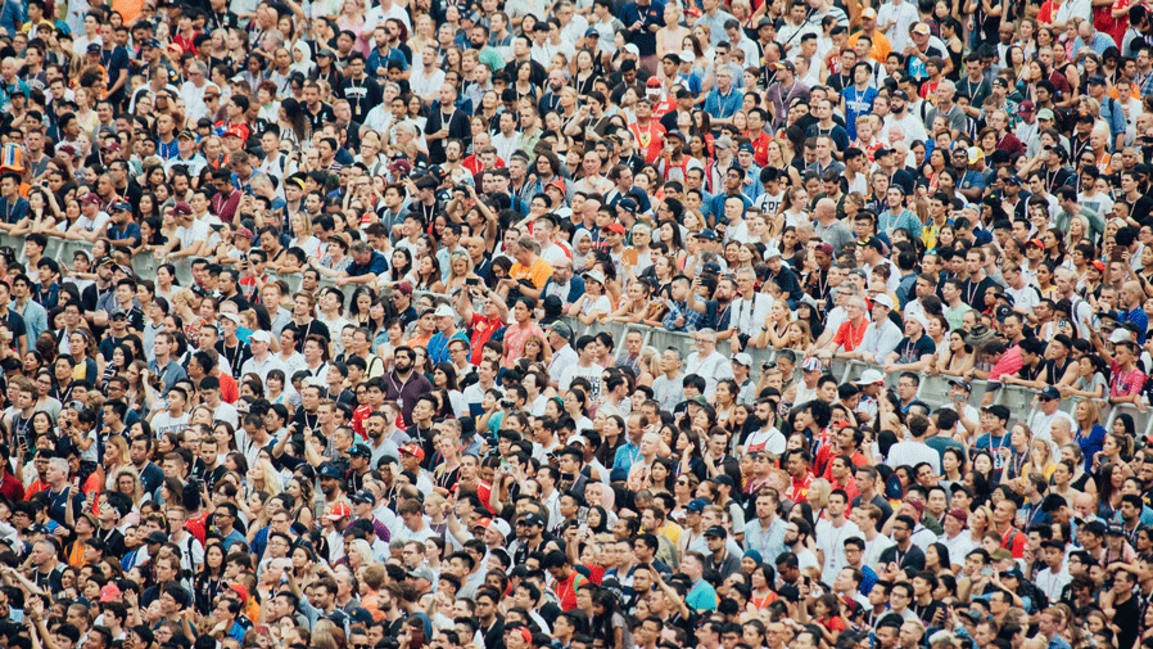Can herd immunity save us from COVID? Don’t count on it, says this new study
If anyone was hoping that herd immunity will save us from COVID-19, a new study in the Proceedings of the National Academy of Sciences will dash those dreams.
Herd immunity happens when immunity to a disease becomes so widespread that, on average, each infected person infects less than one other person. Vaccinations seek to safely achieve herd immunity.
Allowing the virus to spread until herd immunity is realized has been touted in the White House, and also may be the only option for international populations without vaccine access.
Two researchers at the University of Georgia’s Center for the Ecology of Infectious Diseases sought to determine how herd immunity might reasonably be achieved. They developed a U.K. model with varying control strategies, and determined that herd immunity is not possible due to an invisible glass wall: If the virus spreads too quickly, it will overwhelm healthcare capacity; if it spreads too slowly, not enough people will become infected to reach herd immunity. There is, apparently, no middle path, just a wall.
The authors also note that attaining herd immunity is “unfeasible” because policies would need to be executed “with little margin for error,” requiring precise manipulation of regulations like social distancing and lockdowns for an extended period of time to avoid healthcare overflows. They also point out that their model assumes that COVID-19 immunity is long-term, which is not yet known.
The good news: The same model finds that effectively suppressing COVID-19 is quite possible in two months with stringent social distancing and self-isolation of infected people—and even faster with school and business lockdown measures, a strategy that kills 10 times fewer people than herd immunity.
(7)



